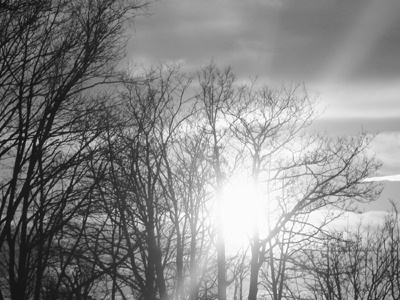All Nonfiction
- Bullying
- Books
- Academic
- Author Interviews
- Celebrity interviews
- College Articles
- College Essays
- Educator of the Year
- Heroes
- Interviews
- Memoir
- Personal Experience
- Sports
- Travel & Culture
All Opinions
- Bullying
- Current Events / Politics
- Discrimination
- Drugs / Alcohol / Smoking
- Entertainment / Celebrities
- Environment
- Love / Relationships
- Movies / Music / TV
- Pop Culture / Trends
- School / College
- Social Issues / Civics
- Spirituality / Religion
- Sports / Hobbies
All Hot Topics
- Bullying
- Community Service
- Environment
- Health
- Letters to the Editor
- Pride & Prejudice
- What Matters
- Back
Summer Guide
- Program Links
- Program Reviews
- Back
College Guide
- College Links
- College Reviews
- College Essays
- College Articles
- Back
The Impending Deterioration of Our Earth
Walt Kelley once said, “We have met the enemy and he is us.” Relating to Mother Nature and her creatures, this is astonishingly accurate. Debris from human action, destruction of habitat, and the burning of fossil fuels can all greatly affect the land we walk on, the things we eat, the air we breathe, and so much more. If we do not stop destroying the environment, the backlash will be eternally severe.
In the middle of the Pacific Ocean, lies a floating “continent” called the Great Pacific Garbage Patch. Approximately 3.5 million tons of trash are found in the center of this gyre, and scientists believe that this number could double within the next five years. Animals that live around this area often get tangled in or ingest plastic bags and other trash believing it to be food. Because of this more than 1 million seabirds and 100,000 marine mammals and turtles are killed each year. Although we cannot undo what has already been deposited, there are still things we can do to help stop future damage. Even little things, such as recycling, properly disposing of hazardous materials, or picking up trash when you stumble across it, can make a huge difference.
Habitat destruction is the greatest threat to both plant and animal species and is the most critical hazard to 85% of all endangered animals. Half of the original global forests have been removed since we began the process of deforestation, and they are now being cut down at a rate much higher than the level of possible regrowth. Rainforests, the most biodiverse ecosystems in the world, now occupy less than half of the land they did a century ago. Forests aren’t the only thing being affected by human activities- since the 1600s, over half of the US wetlands have been drained and converted to other uses. In order to prevent further damage of habitats, we need to find a way to stop expanding our territory and find more reasonable ways of obtaining resources without touching the unharmed land. Stopping habitat destruction is not primarily about saving a certain species of wildlife so that it can live on; it's about preserving the land around us in order to continue to live in a clean and safe environment.
Fossil fuels, the largest greenhouse gas emitters in the world, provide a reliable source in today’s society. We use it for almost everything we do, whether it is driving to the store, or turning on a light. The three main fossil fuels utilized in the world today are coal, which is used for electricity, and oil and natural gas, which are put to use mostly in transportation. Fossil fuels dispense nearly all of the greenhouse gases that are released into our atmosphere. These gases greatly affect climate, which can alter ecosystems causing wildlife to move to a different area or die out. In order to fix this huge problem, scientists are working on increasing the use of renewable energy, expanding forests, and many other lifestyle choices that will aid in sustaining a healthy environment.
The consequences of not protecting the world we live in will be enormous if we do not begin mending the wounds we have created. Although it would be much more undemanding to simply ignore the effects of what we do, we can no longer turn blind eye to the problems at hand. Our world is a divine mirror reflecting the choices we make, and we should be endlessly proud of what gazes back.

Similar Articles
JOIN THE DISCUSSION
This article has 0 comments.
